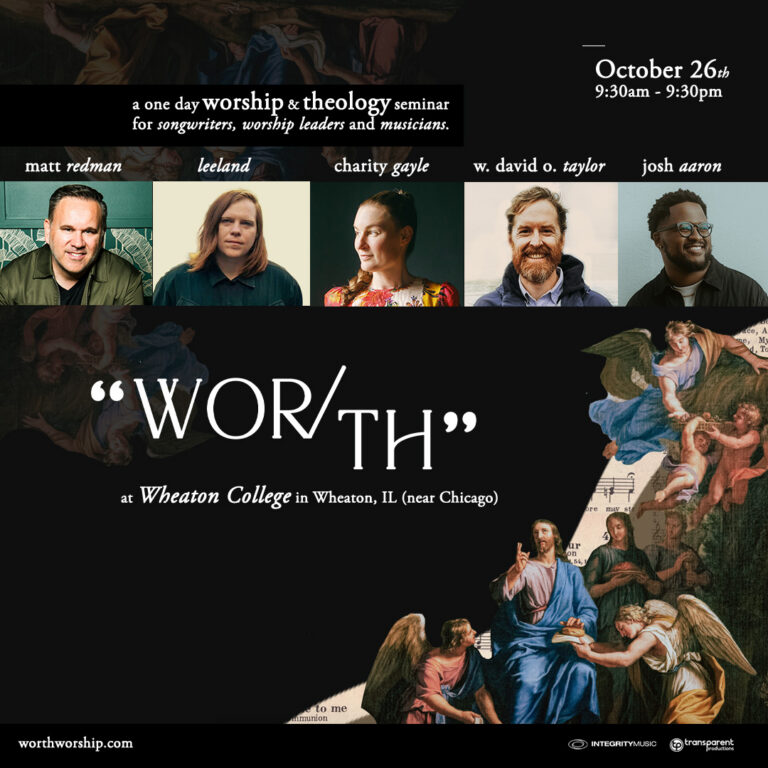By: Bec Harris
Have you ever wondered why you thrive in some situations but struggle in others?
Dan Tan, Founder of The Positive Difference, explains that the answer may lie in how you’re wired.
Why Personality Profiles Matter
“People are different,” Dan explains. “They have different values, ways of interacting, strengths, and weaknesses.”
One tool Dan uses to help people understand themselves and others is the DISC personality profile. It stands for Dominance, Influence, Steadiness, and Conscientiousness. Each type brings different strengths, and no type is better than another.
The Four DISC Personality Types
Dan gives a snapshot of each personality type to help listeners recognise them in themselves or others.
Dominance (D)
“D-types are direct, decisive, and driven,” Dan says. “They love challenges and won’t back down.”
But their determination can come across as abrasive. They focus on results and don’t shy away from conflict if it gets the job done.
Influence (I)
“I-types are inspiring and love people,” says Dan. “If you hear a group laughing, there’s probably an I-type in the middle.” They thrive in social settings, enjoy being the centre of attention, and communicate with passion.
Steadiness (S)
“S-types are steady, sensitive, and family-focused,” Dan explains. “They work best in secure environments.”
They avoid change and prefer working behind the scenes. But when supported, they grow and shine.
Conscientiousness (C)
“C-types are cautious and love detail,” Dan says. “They’re the people who actually read the fine print.”
They value accuracy and tend to be critical thinkers. Because of this, they may struggle with self-doubt but often become experts in their field.
Quick Ways to Spot a Personality Type
Dan uses a two-question method to quickly understand someone’s style, often in the time it takes to shake hands.
- Are they fast or slow paced?
- Are they focused on people or on tasks?
Fast-paced types tend to be more energetic and decisive. Slow-paced types prefer a thoughtful approach.
People-focused types care about relationships, while task-focused types care about getting things done.
“Once you know that,” Dan says, “you can adapt how you communicate.”
Why Understanding Others Matters
If your personality clashes with someone else’s, frustration can build. But Dan says this doesn’t mean you’re incompatible. “It’s just that you’re operating with different wiring,” he explains.
For example, a laid-back, people-focused person might frustrate a highly organised, task-focused colleague. But when both understand each other’s strengths, they can work better together.
Your Insecurities Could Be Strengths in Disguise
Dan believes our insecurities often point to untapped strengths. “Sometimes we let insecurities speak louder than our gifts,” he says. “But those same insecurities, when embraced, can become our strengths.”
For example, S-types may fear they don’t belong. But when they find acceptance, they become deeply loyal and supportive team members.
Using Strengths in the Right Places
Understanding your type helps you lean into roles where you’ll thrive.
“If you’re a high I-type,” says Dan, “you’ll love being on stage, building relationships, or leading a team.”
Put that same person behind a spreadsheet all day, and they’ll quickly lose motivation.
Dan shared his own journey: “I was trained as a software developer, but I realised I was only mediocre at it. When I moved into people-focused work, everything changed.”
The Secret to Better Conversations
When meeting someone new, Dan recommends matching their pace and focus. “Mirror their energy,” he says. “If they’re calm, slow down. If they’re fast, step it up.”
Also, match your conversation topic to their interest talk about people or tasks depending on what lights them up. “It’s a superpower we can all learn,” Dan adds. “And it builds trust quickly.”
Final Thoughts
Knowing your personality style and learning to read others can help you discover your hidden strengths, communicate better, and build stronger relationships.
Or as Dan puts it: “Understanding how you’re wired helps you play to your strengths, overcome insecurities, and live more fulfilled.”
Article supplied with thanks to Sonshine.
Feature image: Canva





